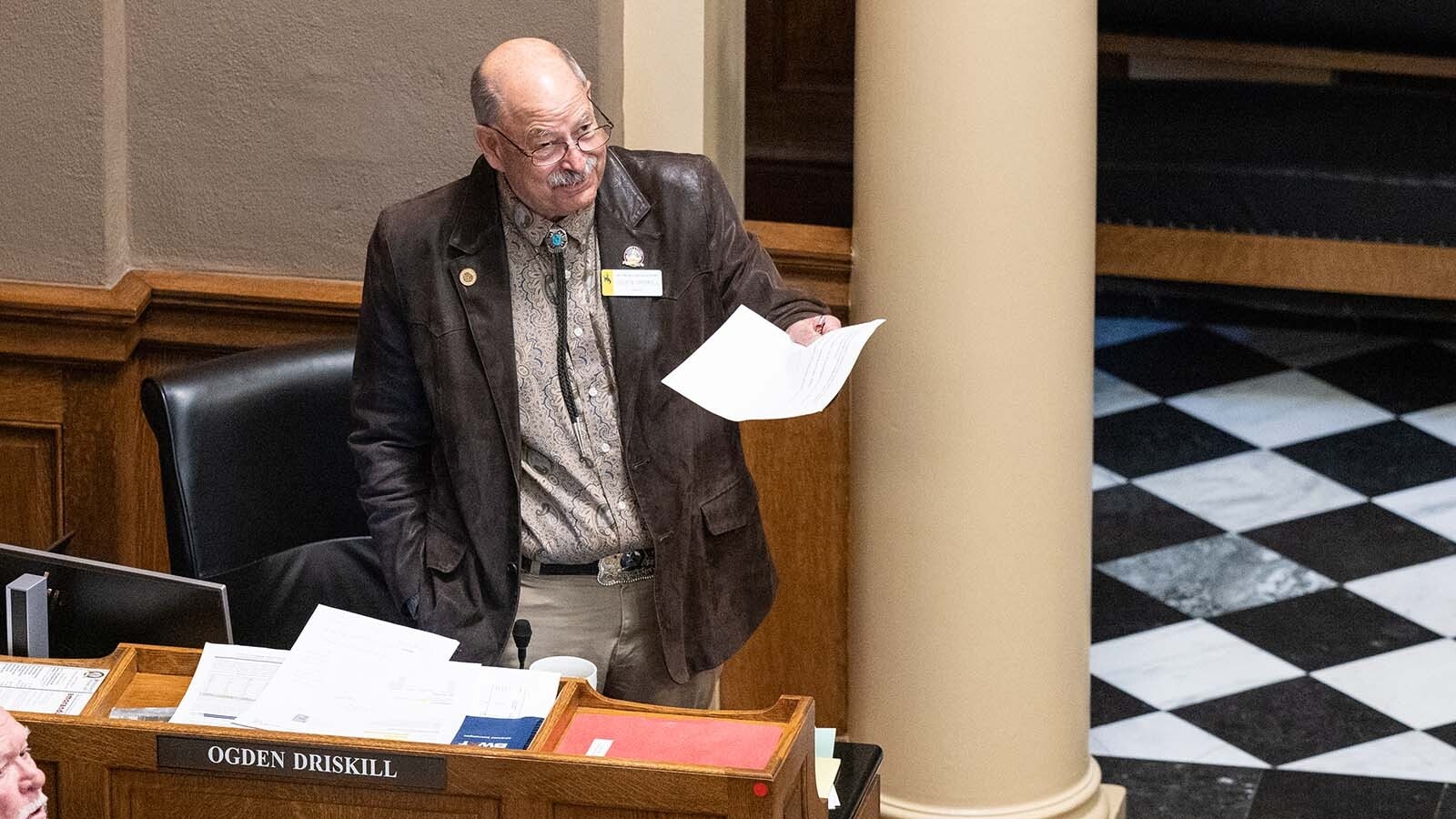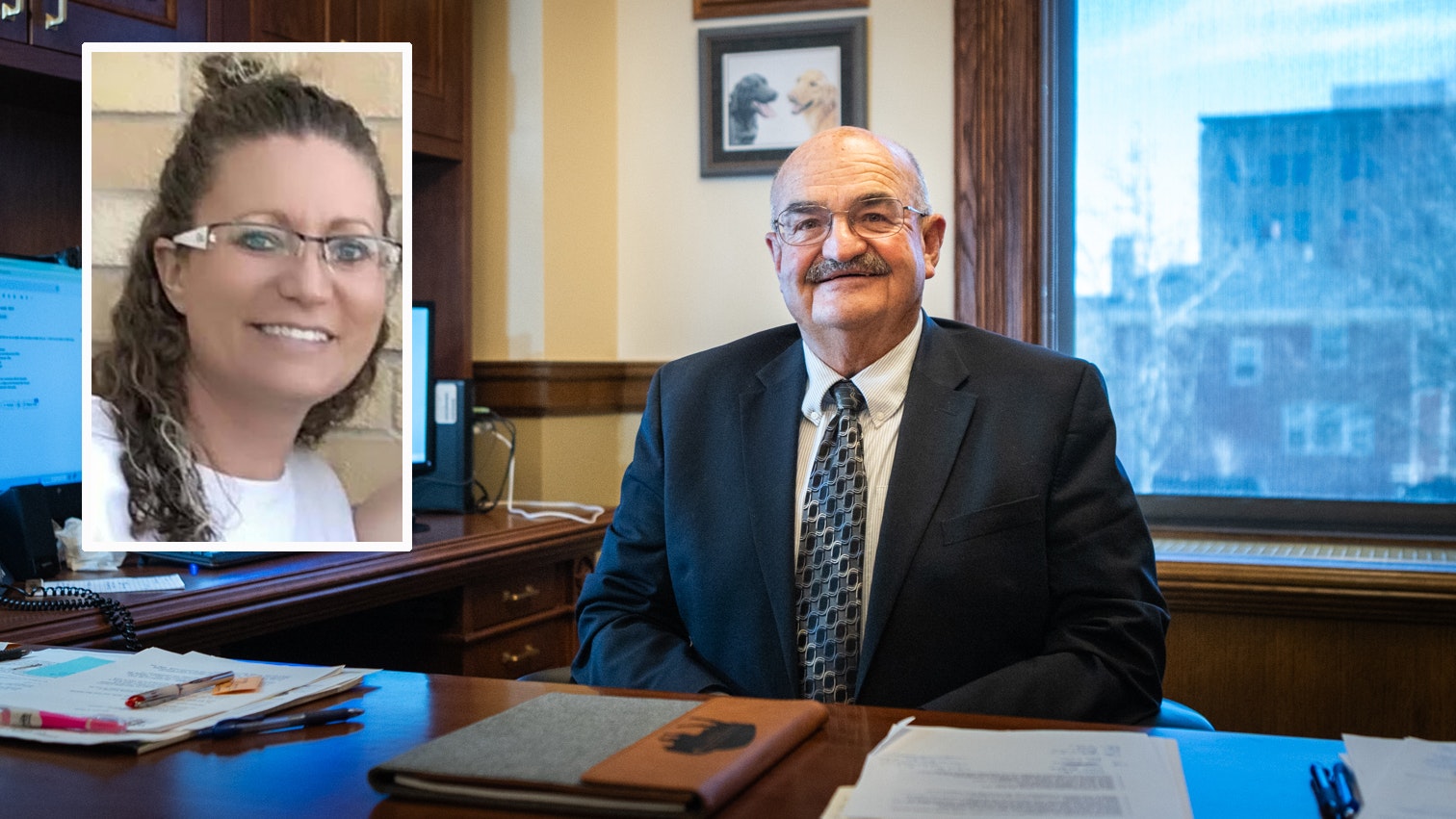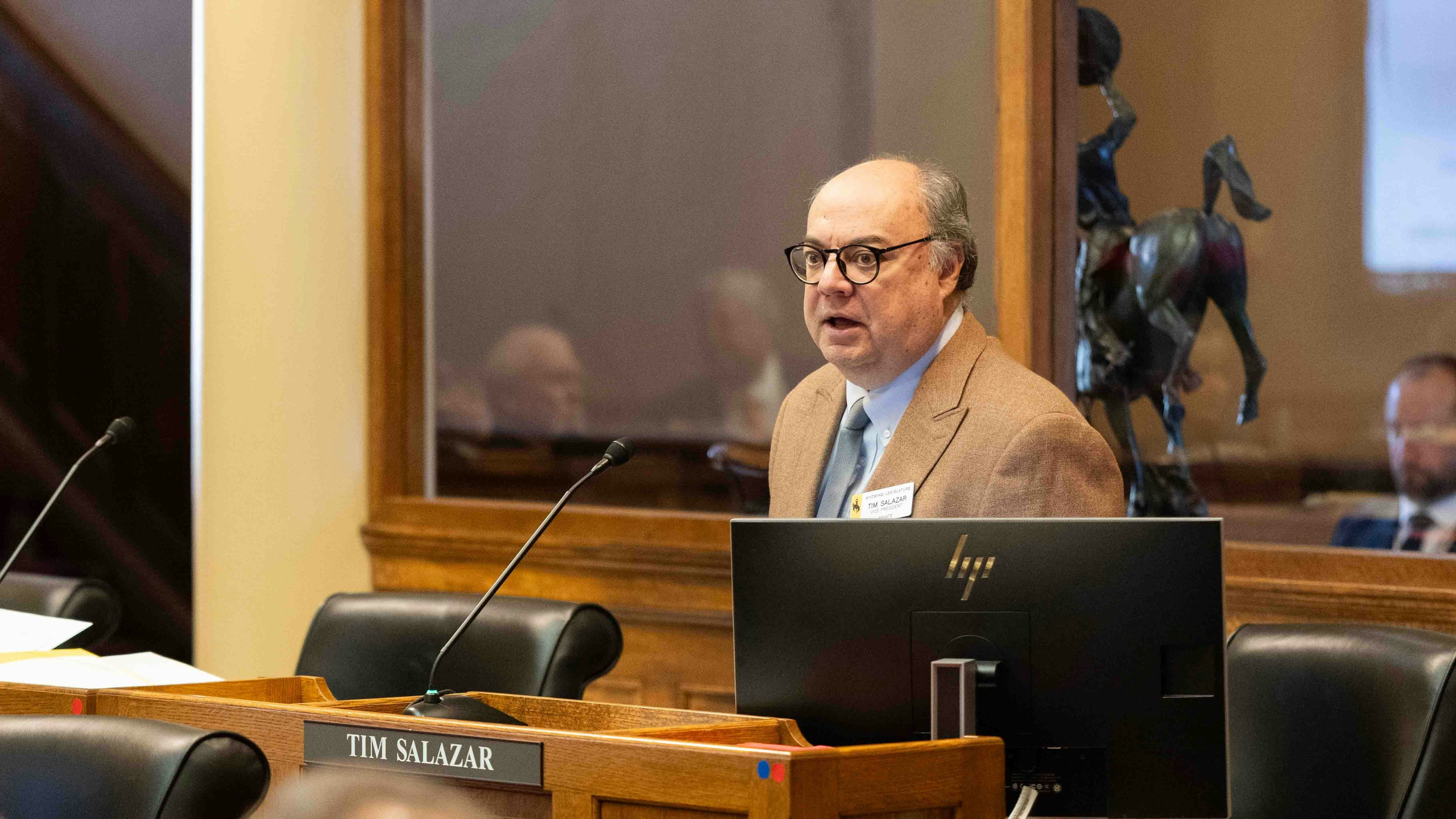WASHINGTON, D.C. — U.S. Senate Majority Whip John Barrasso of Wyoming is pushing to kill California’s electric vehicle mandate that he says adversely affects prices and availability of cars and trucks all over the country regardless of the vehicles’ propulsion sources.
But the Senate’s second-ranking Republican has run into an arcane, procedural roadblock. It remains to be seen if he and his colleagues will drive right through the obstruction and get the job done.
At issue is a Republican-led measure that has already passed the U.S. House. It would overturn a Biden-era EPA rule that allows California to set pro-EV guidelines that phase out gasoline- and diesel-powered vehicles. Cars as well as light-duty and heavy-duty trucks are affected.
California operates under Clean Air Act waivers allowing it to set its own emissions standards, subject to EPA review. The state’s large population influences the entire auto manufacturing industry, so California waivers largely shape national policy.
Under the EPA rule allowing the latest California regulations, the stakes are enormous, with Barrasso saying the rule bears on 133 million Americans, or 40 percent of the country’s population.
And the fate of it all rests in the definition of the EPA’s “rule.” An agency called the Government Accountability Office (GAO) is contending that lawmakers cannot undo this rule — because it is not actually a rule at all, see?
Barrasso is pushing back, calling on senators to ignore the GAO and move forward with a vote.
“Thankfully the bureaucrats at the GAO can’t dictate the actions of the U.S. Senate or the will of the voters,” Barrasso wrote in a Wall Street Journal op-ed published online late Tuesday and in print Wednesday.
But it is not clear when — or even if — the Senate will act.
What Is A Rule?
Under the Congressional Review Act (CRA), lawmakers can vote to overturn rules set by federal agencies. Republican-led majorities in the current Congress have already used the CRA to toss out scores of Biden-era rules in the energy and financial sectors.
Thus, the GAO threw Republicans a curve by saying the EPA rule allowing California’s action is not a rule under the CRA.
“The Senate should reject the GAO’s cheerleading for more regulation and use the Congressional Review Act to protect consumer choice, affordability, federalism and congressional authority,” Barrasso wrote in the WSJ piece.
"My colleagues can safely disregard the office’s decision in this case," Barrasso wrote.
The GAO’s opinion did not stop the House from using the CRA to vote the rule down. Even 35 Democrats voted for it as it sailed through that chamber on May 1. The tally was 246-146 with U.S. Rep. Harriet Hageman, R-Wyoming, on board.
Ball In Thune’s Court
Barrasso wants the Senate to follow the House’s lead, but Senate Majority Leader John Thune, R-South Dakota, has the final say on that. A spokeswoman for Thune did not respond to a Cowboy State Daily inquiry Wednesday as to the leader’s plans.
And there is another twist: The Senate has a parliamentarian — a referee, really — who can provide senators advice on proper procedure. That advice could include whether the parliamentarian agrees with a GAO opinion.
However, any such advice is not public. Barrasso’s op-ed did not cite the parliamentarian, and a spokeswoman for the senator told Cowboy State Daily she had no information on it. No information was forthcoming from Thune or the parliamentarian either.
“The California waivers are clearly major rules,” Barrasso argued in the op-ed. “They have already taken root in a dozen states, and they cover 40 percent of all new light-duty vehicle registrations and a quarter of new heavy-duty vehicle registrations.”
He added: “They affect the price and availability of cars and trucks across the country, even in states that haven’t adopted California’s radical agenda.”
Other Legislation
Separate from the House-passed legislation that Barrasso and Thune are now grappling with in the procedural slog, they are sponsoring legislation to get rid of tax credits for EVs.
That bill is called the ELITE Act, which stands for Eliminating Lavish Incentives to Electric Vehicles. U.S. Sen. Cynthia Lummis, R-Wyoming, and several other senators have signed on to that bill as well.
It was introduced Feb. 12 but has not moved out of the Finance Committee yet. An identical House version is awaiting action in the Ways and Means Committee.
Sean Barry can be reached at sean@cowboystatedaily.com.





